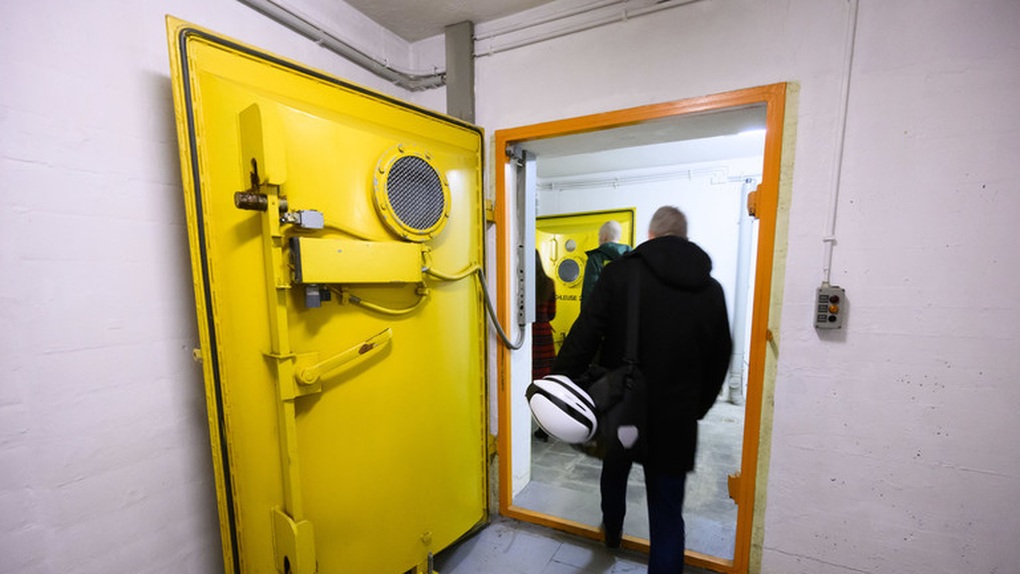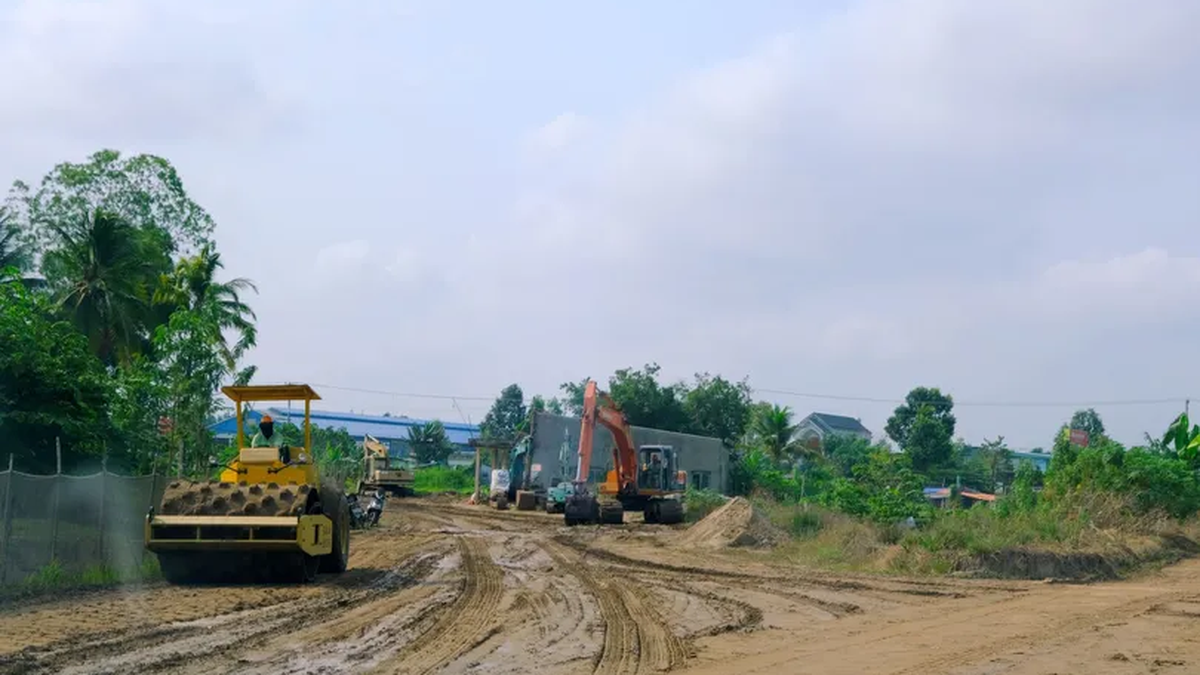
A bomb shelter in Hanover, Germany (Photo: Getty).
German newspaper Bild reported on January 27 that the German Ministry of Defense plans to complete the "Operations Plan" (OPLAN) in April.
The "operational plan" described Germany as a "transit state" playing an important role in supplying weapons and equipment, rather than as a country playing an active role on the front lines.
German soldiers will therefore be tasked with protecting important highways, railway stations and ports, Bild said.
In addition, the German government also needs the support of the people in participating and carrying out a number of tasks normally assigned to the army and police, including protecting power plants.
There are currently only 579 operational bomb shelters in Germany, so the German Defense Ministry's plan is said to also call on people to build their own shelters in places like basements and garages.
Bild newspaper quoted the head of the Federal Office for Civil Protection and Disaster Assistance Ralph Tiesler as saying that building new shelters was "no longer feasible" due to time constraints.
Germany is looking for ways to increase its military strength, due to concerns about threats from the Russia-Ukraine conflict. The German government has set a goal of increasing the size of the army from 183,000 to 203,000 soldiers by 2031.
Defence Minister Boris Pistorius said this month that Russia could attack a NATO member state “within the next five to eight years”, but he has since revised his assessment somewhat.
"At present, I do not see any risk of a Russian attack on NATO territory or any NATO partner country," Mr Pistorius said.
According to Mr. Pistorius, although Germany is not currently under direct threat of attack, the country should do its best to prepare for it.
Commenting on the possibility of a Russian attack in the Baltics, Mr Pistorius said Berlin was creating a special “Lithuanian Brigade” to address those concerns. The unit, which will consist of around 4,800 soldiers and is expected to be ready for action by 2027, would be Germany’s first permanent overseas force since World War II.
Earlier, Bild newspaper cited a secret document saying that Germany was preparing for a conflict scenario in which Russia launched an "open attack" on NATO in mid-2025, after major victories in Ukraine. Moscow denied this information.
According to Mr. Pistorius, in the context of the conflict with Ukraine, Russia will need at least several years to be ready for another full-scale attack and Western countries should take advantage of this time to strengthen their weapons.
The German Council on Foreign Relations also predicted last November that NATO should prepare for a major war with Russia within the next five to nine years. The chairman of the NATO Military Committee, Admiral Rob Bauer, also warned that the public must prepare for a full-scale war with Russia within the next 20 years.
The Kremlin has previously dismissed concerns about a potential future conflict with the West. Russian President Vladimir Putin has called claims that Russia might attack NATO “absolute nonsense”, stressing that Moscow has “no geopolitical, economic or military interest” in doing so.
Source

























![[Photo] National Assembly Chairman Tran Thanh Man visits Vietnamese Heroic Mother Ta Thi Tran](https://vphoto.vietnam.vn/thumb/1200x675/vietnam/resource/IMAGE/2025/7/20/765c0bd057dd44ad83ab89fe0255b783)







































































Comment (0)